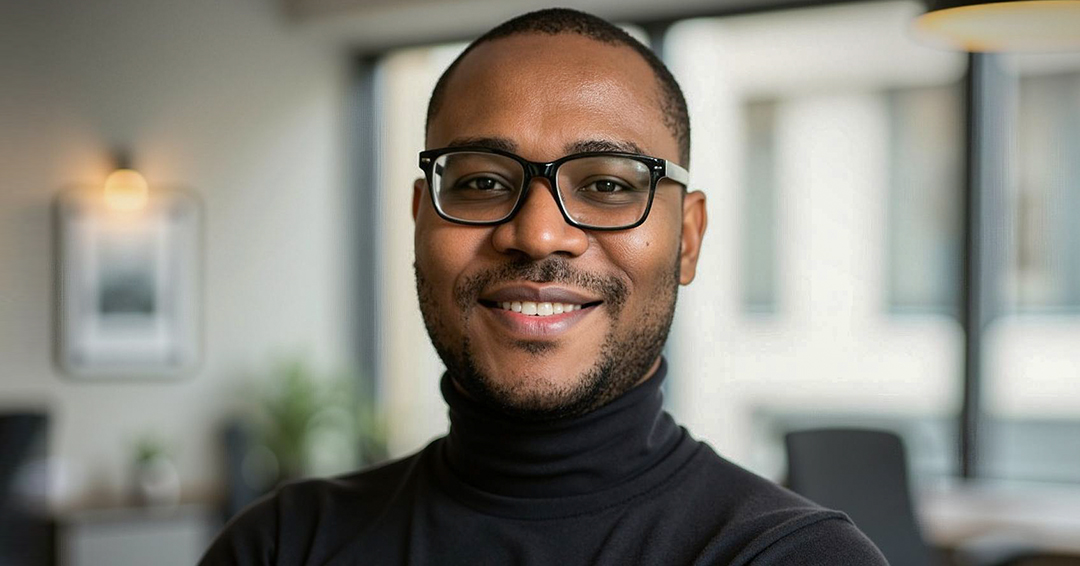
As part of our Spring Convocation 2025 coverage, we asked graduates from our six Schools to share their experiences of completing a degree in McGill’s Faculty of Medicine and Health Sciences. Here, we meet Class of 2025 member Henry Ukachukwu Michael from the Department of Medicine. Henry completed his PhD in Experimental Medicine and received his degree at the Spring Convocation Ceremony on May 27. Congratulations Henry!
Name: Henry Ukachukwu Michael
Degree: PhD, Experimental Medicine
Hometown: South-East Nigeria
What did you love most about studying in McGill’s Faculty of Medicine and Health Sciences?
I loved the inspiring community of talented students and faculty at McGill’s Faculty of Medicine and Health Sciences. It made learning new concepts and overcoming personal challenges truly motivating.
If you could change one thing in the world to make it better, what would you choose?
I would integrate an education system that combines interdisciplinary learning, a sustainability perspective, and holistic care, nurturing physical health, emotional resilience, and spiritual awareness for a connected thriving future.
Please share a particularly proud or challenging moment from your degree?
A particularly proud and challenging moment during my degree was welcoming my baby girl as I began writing my thesis. I wrote it alongside her, which taught me that life doesn’t have to be a choice between career and family. As someone who always struggled with multitasking, balancing both was a profound achievement that showed me I could thrive in both roles.
Your fave hangout?
Spoiler alert: my fave spot wasn’t even on campus! It was my little room in my downtown apartment—a total vibe. I’d study there, meditate, blast music like I was a DJ, and have the best chats with friends. It was my everything spot, no contest.
A song that defines the past few years as a student at McGill?
The song that defined my McGill PhD years is “For the Road” by Davido, an Afrobeats artist (that vibrant African pop sound). It captured my journey perfectly: literal road trips to see my family outside Montreal and the metaphorical rollercoaster of doubts and beliefs during my PhD.
Any shoutouts?
I’d love to give a shoutout to Prof. Nancy Mayo, my supervisor and mentor. As the saying goes, “a true mentor is someone who has more imagination about you than you have about yourself,” and she embodied that perfectly, guiding me to places I never imagined I could reach.
Top tip for incoming students in your program?
A PhD is basically a crash course in how to think—like lifting weights for your brain. Yeah, you’ve got smarts, but that’s not enough. You have to question your own ideas, bounce thoughts off others, and learn to defend them without crumbling. So talk to people: your peers, your professors, anyone who’ll listen. When you hit a wall (and you will), don’t just dump the problem on your supervisor. Wrestle with it first, then bring them your messy half-answers. That’s how you get better. And hey, nobody nails this overnight. You’ll doubt yourself, you’ll feel lost, but that’s the whole point. The PhD grind teaches you to push through the fog. Just don’t quit.
What’s next for you?
Though it wasn’t the main focus of my PhD, I’m now working as a postdoc in biostatistics. This shift came from my deepening interest in statistical methodology during my PhD, especially through working with my mentor who specializes in methodological research. My long-term goal is to establish a research program dedicated to developing and creatively applying statistical methods to tackle important questions in patient-reported outcomes.
